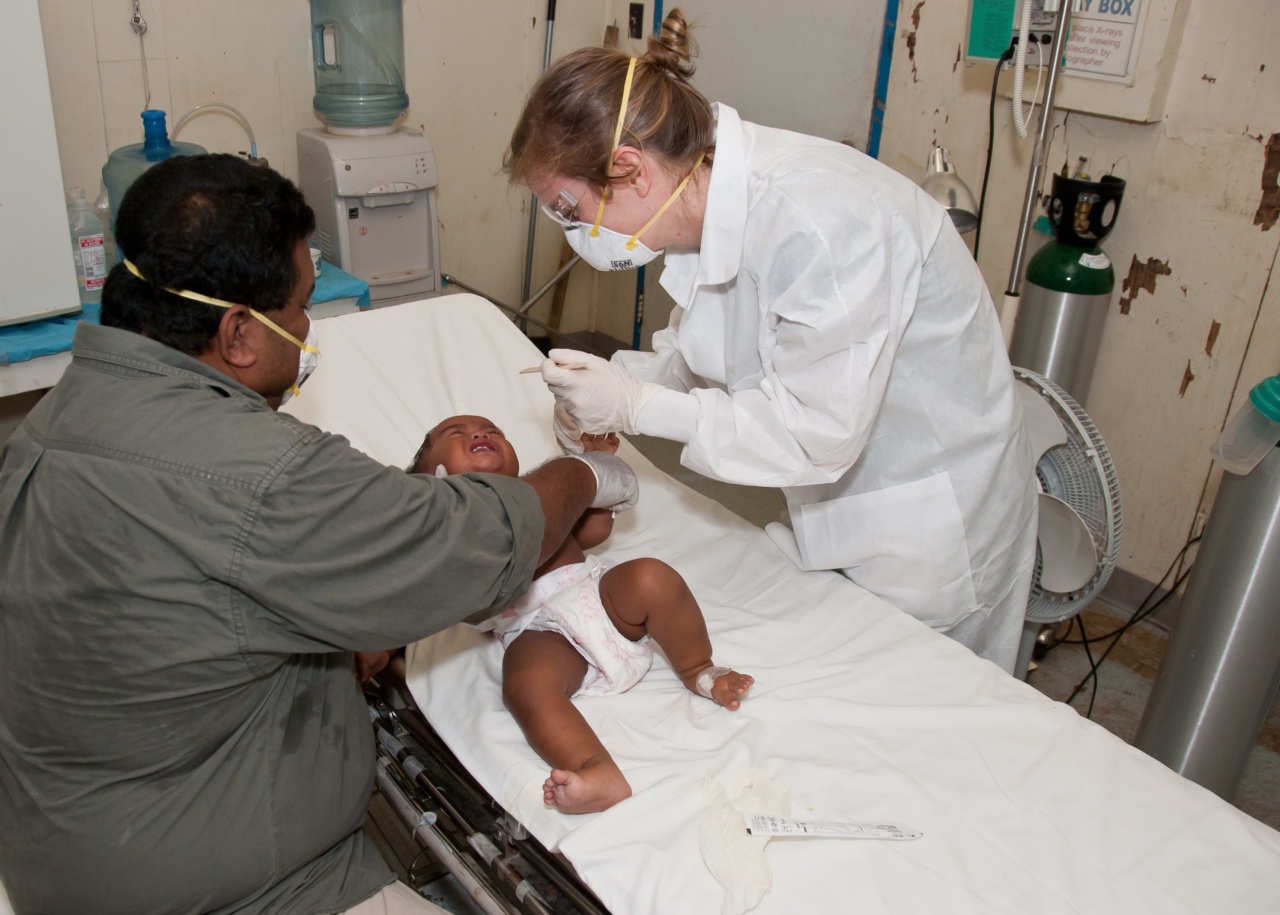Genetics is the study of how genes influence characteristics like physical traits, behavior, and disease susceptibility. In recent years, we’ve seen significant advancements in the application of genetic science in baby care.
This progress has led to the identification and prevention of genetic disorders in newborns, as well as early-stage interventions for illnesses. In this article, we’ll explore the various ways in which genetic science is being used to promote the health and wellbeing of babies, as well as the benefits it offers to parents.
Newborn Screening
Newborn screening is a simple and effective way of detecting metabolic and genetic disorders in newborns.
According to the American Academy of Pediatrics (AAP), all newborns should be screened for genetic disorders that can cause serious health problems if not detected and treated early in life. The screening involves a blood test that detects the presence of specific substances, like enzymes and hormones, which can indicate an underlying condition.
Certain genetic disorders like phenylketonuria (PKU), hypothyroidism, and galactosemia can be detected and treated early through newborn screening.
Early detection of these disorders can prevent severe intellectual disabilities and other serious health complications.
Genetic Counseling
Genetic counseling is the process of providing information and support to individuals and families who have genetic disorders or are at risk of developing them.
Genetic counseling can help parents to understand the risks of having a child with a genetic disorder, as well as the available options for management and treatment.
Genetic counselors evaluate risk factors, provide education and support, and offer appropriate testing and counseling options. This process can help parents to make informed decisions about their pregnancy, including whether to continue or terminate it.
Genetic counseling can also help individuals with genetic disorders and their families to manage their condition effectively.
Preimplantation Genetic Diagnosis (PGD)
Preimplantation genetic diagnosis (PGD) is a reproductive technology that enables doctors to screen embryos for genetic diseases before implantation.
PGD is used in in vitro fertilization (IVF) treatments to help couples who have a high risk of passing on a genetic disorder to their offspring.
PGD involves the screening of embryos for specific genetic disorders before implantation. This process involves the retrieval of the eggs from the mother, followed by fertilization and incubation in a laboratory.
Once the embryo has developed to the blastocyst stage, a biopsy is performed to remove a few cells for genetic testing. Only unaffected embryos are implanted into the mother’s uterus, increasing the chances of a successful pregnancy.
Genome Sequencing
Genome sequencing is the process of determining the order of nucleotides (adenine, thymine, cytosine, and guanine) in an individual’s DNA.
Genome sequencing technology has become increasingly affordable and accessible in recent years, leading to the identification of genetic mutations and the development of personalized medicine for the treatment of genetic diseases.
Genome sequencing can be used to identify genetic mutations that predispose someone to genetic disorders like cystic fibrosis, sickle cell anemia, and Huntington’s disease.
This information can help individuals and their families to make appropriate healthcare decisions, including genetic counseling, screening, and preventative measures. Genome sequencing is also useful in predicting the response to certain drugs and identifying genetic risk factors for complex diseases like cancer and Alzheimer’s disease.
Pharmacogenomics
Pharmacogenomics is the study of how an individual’s genetic makeup influences their response to drugs. Pharmacogenomics helps to create personalized treatment plans based on an individual’s genetic makeup.
Drug responses can differ based on age, sex, weight, and other factors. Pharmacogenomics helps to optimize drug prescription and minimize the risk of adverse drug reactions.
Babies are particularly susceptible to the side effects of drugs because of their developing organ systems. Pharmacogenomics helps to provide targeted drug therapy for babies with genetic disorders like epilepsy and metabolic disorders.
With pharmacogenomics, doctors can develop a customized dosage to ensure the greatest efficacy and the least risk of adverse reactions.
Gene Therapy
Gene therapy involves the alteration of a person’s genes to treat or prevent disease. Gene therapy can be used to treat both inherited and acquired genetic disorders.
With gene therapy, the defective gene is repaired or replaced with a functional one. Gene therapy is still an experimental form of treatment, but it can offer hope for babies with genetic disorders that have no cure.
One example of gene therapy application involves treating babies with severe combined immunodeficiency (SCID), also known as “bubble boy disease.” In this disorder, babies are born without a functioning immune system, making them susceptible to infections. In one clinical trial, a group of SCID babies were treated with gene therapy that delivered a normal functioning version of the gene for producing immune cells.
The trial was successful, and the babies no longer require isolation and can lead normal lives.
Crispr-Cas9 Gene Editing
Crispr-Cas9 gene editing is a recently developed technology that allows the precise editing of specific genes to correct genetic disorders. Crispr-Cas9 gene editing gives us the ability to remove, add, or replace specific genes within the genome.
This technology is still in the experimental phase, but it offers the potential to cure genetic diseases in babies before birth.
Crispr-Cas9 gene editing has already been shown to be effective in preclinical trials in treating sickle cell anemia and beta-thalassemia.
Researchers used Crispr-Cas9 gene editing to correct the mutation responsible for the disorder in the blood stem cells of a patient. The experiment was successful, and the patient’s blood cells began producing healthy hemoglobin.
Benefits of Genetic Science in Baby Care
The use of genetic science in baby care offers numerous benefits for both babies and parents. One of the most significant advantages is the ability to detect and prevent genetic disorders early.
Detecting these diseases early helps to prevent severe complications, improving the quality of life of the child and reducing healthcare costs for parents.
Genetic science in baby care also offers personalized medicine tailored to an individual’s genetic makeup. Pharmacogenomics, for example, helps to optimize medication doses, reducing adverse reactions and increasing drug efficacy.
Genome sequencing provides personalized preventative measures and treatments for the early detection and treatment of diseases, ultimately leading to better outcomes.
Conclusion
The application of genetic science in baby care has come a long way in recent years, offering numerous benefits for both babies and parents.
With the advancements in technology and research, genetic diseases can be detected and treated early, leading to better outcomes and improving the quality of life for affected individuals. The use of genetic science in baby care has revolutionized how we approach and treat genetic disorders, giving us hope for a healthier and brighter future.




























